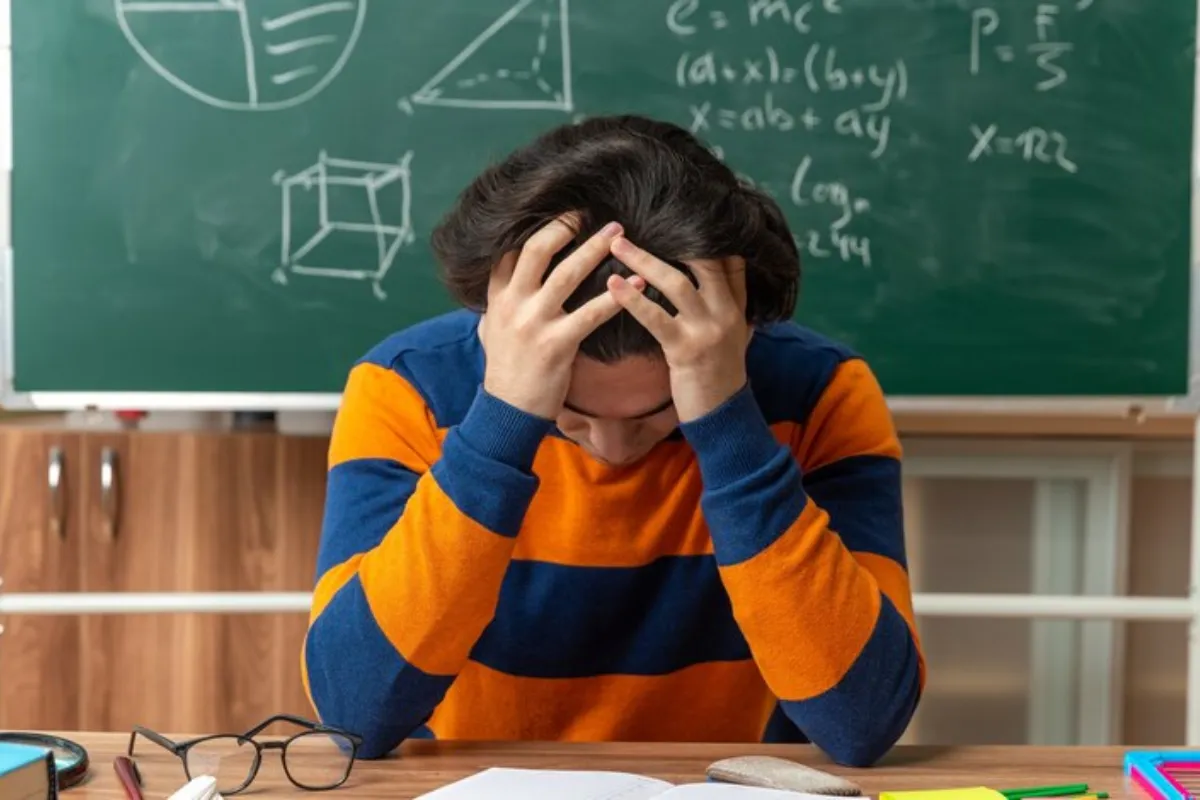In a tragic incident, a 16-year-old aspiring Joint Entrance Exam (JEE) Main candidate named Abhishek Singh from Bihar took his own life in Kota, Rajasthan. Abhishek left behind a heart-wrenching note expressing his inability to cope with the stress of JEE preparation and his belief that he wouldn’t succeed. This heartbreaking event adds to the tally of six student suicides in Kota this year alone, shedding light on the harrowing consequences of academic pressure on young minds.
Academic Stress Claims Another Victim
Abhishek Singh, a resident of Bhagalpur, Bihar, had been staying in Kota for a year, dedicating himself to JEE preparation. However, the pressure became unbearable for him, leading him to consume celphos poison at his paying guest accommodation in Vigyan Nagar. Despite being in Kota for just a month, Abhishek’s despair reached a tragic endpoint, leaving his family shattered and raising concerns about the mental well-being of students in such competitive environments.
Warning Signs Ignored
Abhishek’s tragic demise follows another student suicide earlier in January, highlighting a distressing trend in Kota. The 18-year-old girl from Kota, in her suicide note, expressed her feelings of inadequacy and failure in the face of JEE preparation despite her dedicated efforts. She was found hanging at her residence, underscoring the urgent need to address the mental health challenges faced by students pursuing competitive exams.
Exam Pressure – A Silent Killer
The relentless pressure to excel in competitive exams like JEE often takes a toll on students’ mental health, pushing them to extreme measures. Despite dedicating hours to study every day, many students find themselves overwhelmed by the expectations placed upon them, leading to feelings of despair and hopelessness. The tragic loss of young lives in Kota serves as a poignant reminder of the urgent need to reassess our approach to education and prioritize the well-being of students above academic achievements.
Essential ‘What Not To Do’ Guidelines
In the wake of tragic student suicides in Kota, Rajasthan, it’s crucial to not only recognize the problem but also understand what actions to avoid as students and parents to prevent such devastating outcomes.
What Not to Do as a Student
- Don’t Ignore Your Mental Health: Avoid neglecting your mental well-being in pursuit of academic success. Recognize the signs of stress and seek help if you’re feeling overwhelmed.
- Don’t Compare Yourself to Others: Refrain from constantly comparing yourself to your peers. Everyone has their own pace and strengths, so focus on your progress rather than external benchmarks.
- Don’t Overload Yourself: Resist the temptation to take on too many commitments or subjects at once. Prioritize your tasks and allocate time for relaxation and self-care.
- Don’t Define Yourself by Grades: Avoid tying your self-worth solely to your academic achievements. Remember that grades do not determine your value as a person.
- Don’t Suffer in Silence: Don’t hesitate to reach out for support if you’re struggling. Whether it’s talking to a trusted friend, family member, or counselor, opening up about your feelings can alleviate the burden.
What Not to Do as a Parent
- Don’t Pressure Your Child: Avoid putting undue pressure on your child to excel academically. Instead, encourage them to do their best while emphasizing the importance of their well-being.
- Don’t Compare Your Child to Others: Refrain from comparing your child’s performance to that of their peers. Each child is unique, and such comparisons can undermine their confidence and self-esteem.
- Don’t Dismiss Their Feelings: Avoid dismissing your child’s feelings of stress or anxiety. Take their concerns seriously and offer support and guidance without judgment.
- Don’t Micromanage Their Studies: Resist the urge to micromanage your child’s studies. Allow them to take ownership of their learning process and offer assistance when needed, but avoid hovering or controlling their every move.
- Don’t Ignore Warning Signs: Don’t ignore warning signs of distress in your child. Be vigilant for changes in behavior, mood swings, or withdrawal, and intervene promptly if necessary.
By understanding and implementing these “what not to do” principles, both students and parents can contribute to creating a healthier and more supportive academic environment, reducing the risk of extreme measures like suicide.








